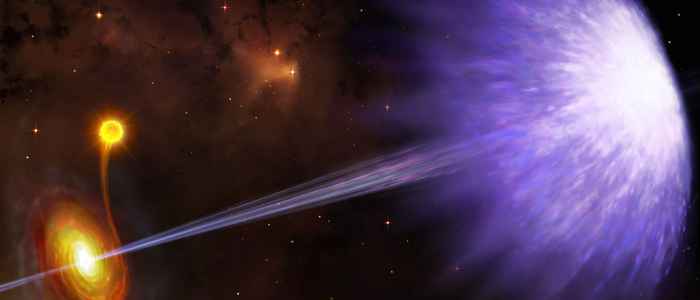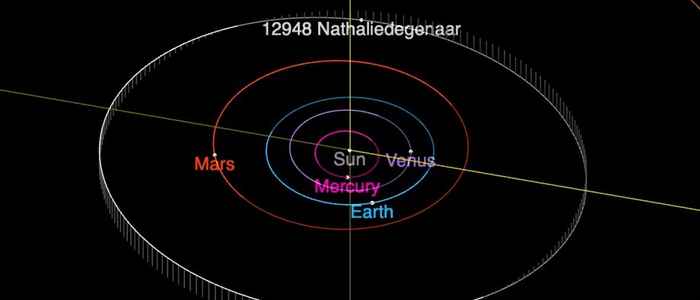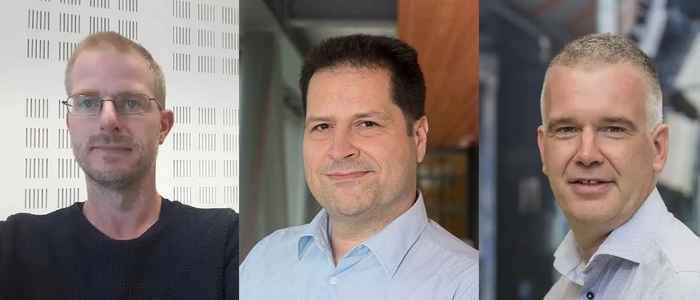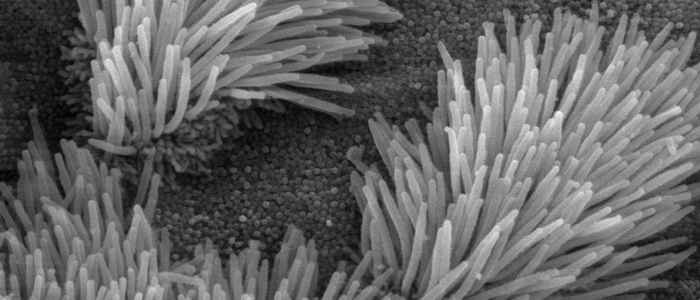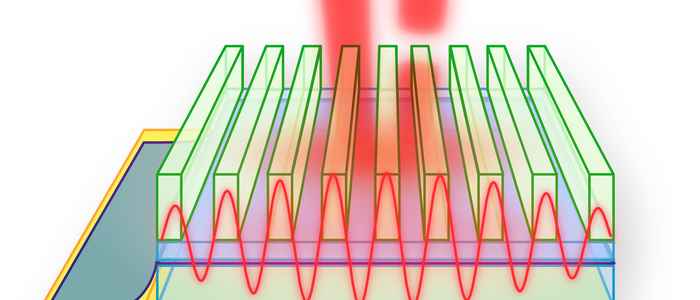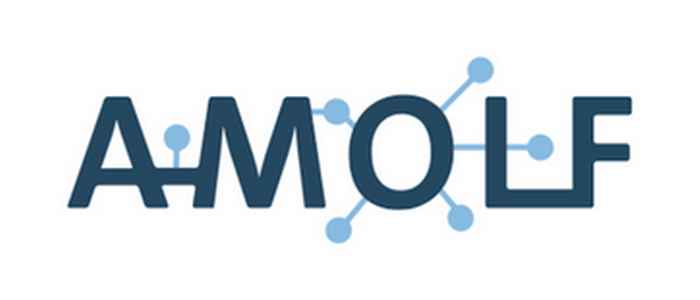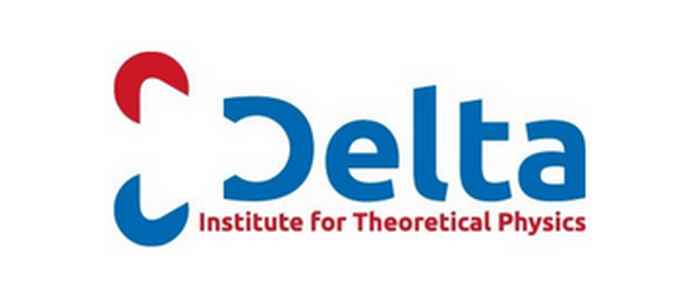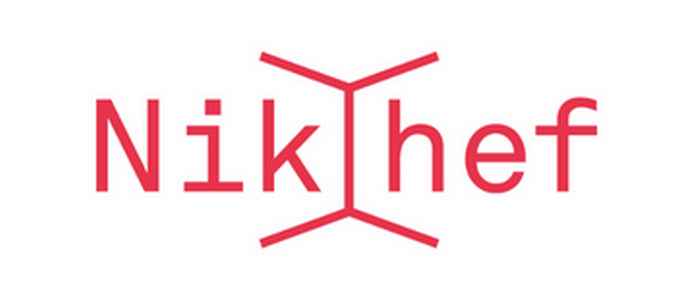Priority areas
As mentioned, our Pure theme comprises all fundamental research that is - currently - not focused on concrete applications. For example, information on fundamental life sciences research, computer science or chemistry research can be mainly found on the applied research theme pages.

The page also features information on aspects of our Institute of Physics study, with a focus on experimental physics. The research projects at quantum gases, quantum information and quantum materials overlap with ongoing quantum computer research under the Smart theme. Research by the soft matter group and nanolithography (as part of the ARCNL partnership) intersects with Green. Our other main lines of physics research are Pure. Among other subjects, our theoretical physicists are focused on the theoretical aspects of condensed matter and string theory. Our particle physicists join colleagues from other institutions at the Nikhef.
Our physicists are working with astronomers from the Anton Pannekoek Institute of Astronomy at the GRAPPA (GRavitation AstroParticle Physics Amsterdam) research centre. The centre is home to various high-energy astrophysics research activities. This key line of astronomical research focuses on radiotelescopic and X-ray imaging of objects and phenomena such as neutron stars, black holes, massive stars, binary stars, jets, accretion disks, fast radio bursts and dark matter. Our astronomers also conduct crucial research as part of the Origins of Life. This includes research on exoplanets, planet formation, massive stars, star populations, and the presence of organic molecules - the building blocks of life - in space.

Our Institute for Logic, Language en Computation is also home to projects along various Pure research lines, such as theoretical computer science, the philosophical foundations of science, the logic of agency andmathematical logic.
Finally, the bulk of our mathematical research is conducted at the Korteweg de Vries Institute for Mathematics. The Institute is mainly focused on algebra & geometry, stochastics (including probability theory and mathematical statistics), numerical analysis (including numerical solutions to partial differential equations) anddiscrete mathematics.

